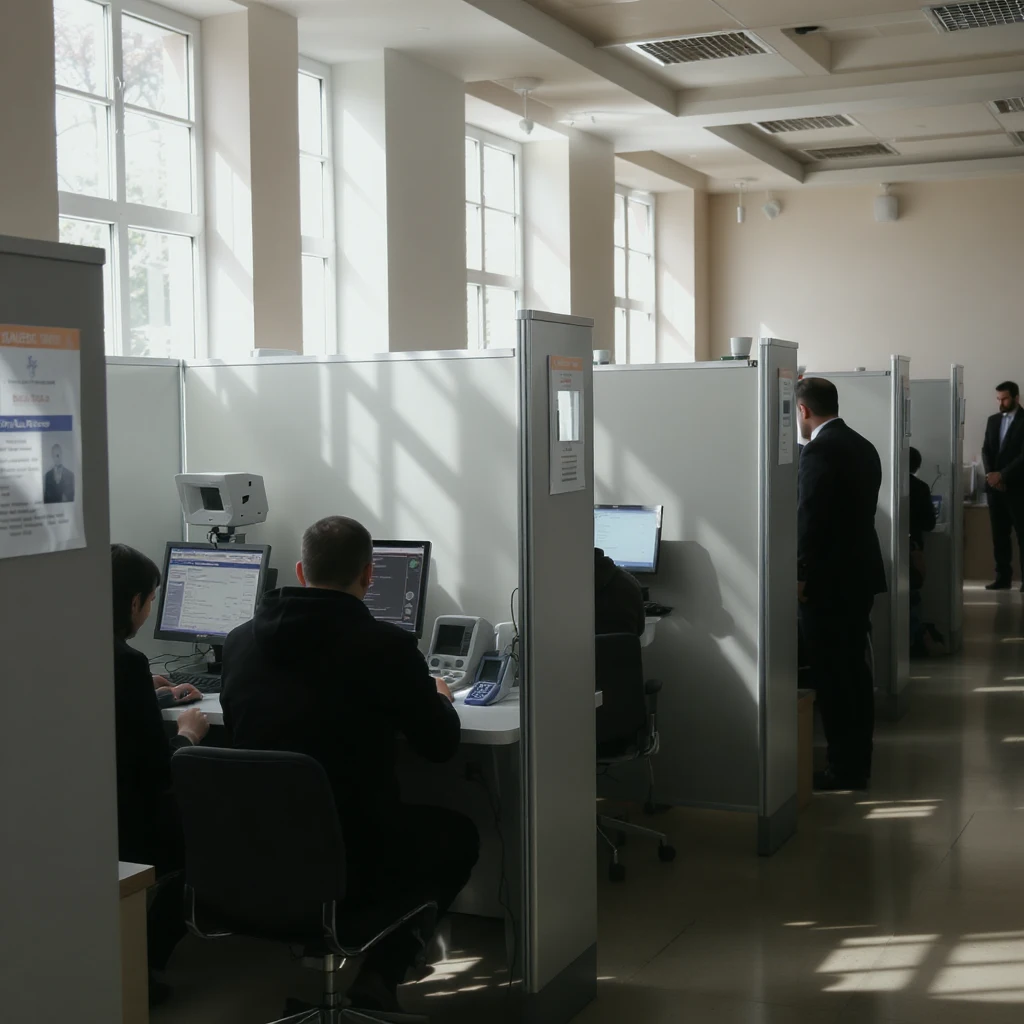Satınalmaların optimallaşdırılması sahəsində, satınalma sisteminin qurulması və satınalmaların həyata keçirilməsi üzrə xidmətlər dünyada geniş yayılmışdır. Rutin işlərin çoxu adətən autsorsinqə peşəkar şəkildə müxtəlif satınalma xidmətləri göstərən ixtisaslaşmış şirkətlərə verilir.
Satınalma autsorsinqi şirkətlərin əsas bacarıqlarını cəmləməsinə və gücləndirməsinə kömək etmək üçün təchizatçı mənbələri və təchizatçı idarəçiliyi ilə əlaqədar ixtisaslaşdırılmış satınalma əməliyyatlarının üçüncü tərəfə verilməsi deməkdir. Xaricdən satınalma, daxili bacarıqları olmayan, lakin qənaət əldə etmək, maksimum qazanc əldə etmək və prosesləri və bilikləri qurmaq üçün satınalma funksiyalarını tez inkişaf etdirməyə hazır olan şirkətlər üçün yaxşı bir seçimdir. Bu, şirkətin mütəxəssislərinin kompleks təchizatçılarla düzgün danışıqlar aparmasının həmişə mümkün olmaması və ya ümumiyyətlə mövcud olmaması ilə əlaqədardır. Danışıqlar zamanı kompleks təchizatçılara diqqətlə yanaşmaq lazımdır. Danışıq metodlarını seçərkən şərtlər nəzərə alınmalıdır. Alternativ olaraq nə qədər çox təchizatçı mövcud olsa, bu, satınalma şöbəsinə daha “sərt” danışıqlar taktikasından istifadə etməyə imkan verəcək. Daha az alternativ, satınalma şöbəsinin daha çox “satan” inandırma üsullarından istifadə etməsini tələb edəcək. İdarəçilik (menecment) özünü burada göstərir. Hələ bu yaxınlarda şirkətlərdə aşağıdakı mənzərəni müşahidə edə bildik: iş yükünün satınalma menecerlərinə bölünməsi yalnız təchizatçıların sayına əsaslanıraq həyata keçirilir. Bu vəziyyətin səbəbi, bir qayda olaraq, səlahiyyətli mütəxəssislərin olmamasıdır. Yükün belə bölünməsi ilə ticarət şirkəti ilk növbədə yanlış ehtiyatlar alır. Məsələn, bir neçə satınalma meneceri eyni məhsul növünə uyğun olmayan sifarişlər verir. Nəticədə şirkət uzun müddət ərzində kifayət qədər çox məhsul alacaq. İkincisi, eyni vaxtda və ya yaxın çatdırılma ilə anbarın işi pozulur. Üçüncüsü, uzun müddət anbarda olan məhsullar anbardakı logistikanı azaldır. Dördüncüsü, çox sayda mal səbəbiylə yenidən təsnifat yaranır, nəticədə satış çeşidi ilə satış azalır. Beşincisi, qüsurlu malların ümumi məhsul kütləsindəki payı kəskin şəkildə artır. Altıncısı, ticarət şirkətinin üç qat məbləğində aldığı mallar üçün ödənişlərin təxirə salınması ilə müəyyən edilmiş müddətdə vəsait yatırmaq lazımdır. Beləliklə, müəyyən bir müddətdən sonra şirkət nə mövcud malların ödənilməsi üçün, nə də sonrakı yenilərini almaq üçün sərbəst aktivlərə malik olmayacaq, vəsaitlər isə mallarınızdakı anbarlarınızda “dondurulacaq”. Hər hansı bir ticarət şirkəti ilk növbədə mənfəət əldə etmək məqsədi ilə işləyir və bütün hərəkətlər gəlirlilik baxımından nəzərə alınmalıdır. Buna görə iş yükünün yalnız əmtəə qrupları daxilində paylanması zərurəti yaranır. Bu halda idarıçi (menecer) məhsul qrupundakı oxşar mövqeləri, malların anbara çatdırılma müddəti, likvid olmayan aktivlərin olması və s. barədə açıq şəkildə bilir ki, bu da öz-zlüyündə satınalma xarici (autsorsing) şirkətlərində olduğu kimi hər bir şirkətdə nəzərdə tutlmur.



















